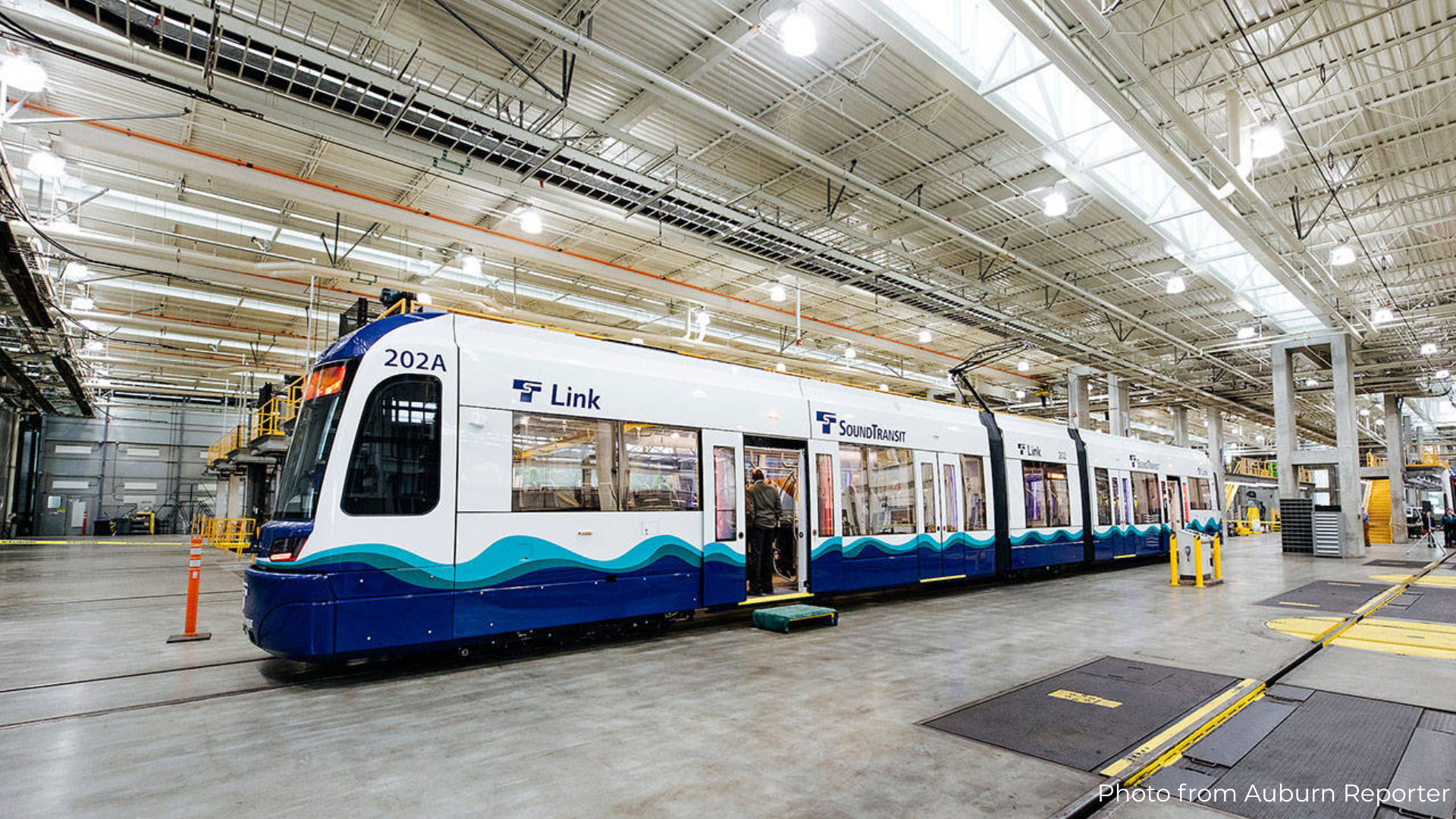Sound Transit Board members have approved a new timeline for the ST3 plan to bring light rail extensions two to five years sooner than originally promised at eight locations, as well as adding new stations to Kirkland, North Seattle and Renton. To do that, Sound Transit Board members say they want $4 billion dollars more, bringing the total package cost from $50 billion to $54 billion.
Another way of looking at it is that Sound Transit is promising to deliver ST3 projects to taxpayers 23 years from now for $4 billion more, which seems like an awful lot for a 7.4% spending increase.
It is like the famous decoy effect in marketing; get consumers to think they are getting a great deal on an overpriced product they would otherwise never buy. So in terms of time, if a company promises to deliver a service 125 years from now and then changes their plan and announces they will deliver the service 25 years sooner, it sounds favorable - until you realize it is still a century away.
By drawing our attention to timelines, Sound Transit is downplaying their $54 billion dollar price tag. Let’s put that number into perspective.
- For $54 billion, we could educate every child in the Seattle Public School District for seven years.
- The Seattle Monorail was killed because of its $11 billion dollar price tag, which is only 20% of what Sound Transit wants to collect in new taxes.
- $54 billion is more than the entire budgets of 78% of the world’s countries.
- Sound Transit’s added premium of $4 billion is more than the entire budgets of half the world’s countries.
The question is not when we should have light rail, but whether we should take on more massive taxation while the first phase is still incomplete. Also, there are options that are more efficient and more cost-effective to build, with a direct impact on reducing congestion for our state’s unique geography.
Should we support a $54 billion dollar tax package for a less popular service that has been proven not to reduce congestion, when most people choose to drive?
Should the taxpayers allow Sound Transit, or any massive bureaucracy, to boost sales, property and motor vehicle excise taxes indefinitely, while some elected officials say we are underfunding education?
What about funding for mental health programs for developmental disabilities and our most vulnerable citizens?
In other words, when did light rail become a $54 billion dollar priority for less than 1% of users?
Our public officials have a responsibility to provide voters with a menu of convenient, affordable options that do not divert taxing authority from higher-priority funding needs.





